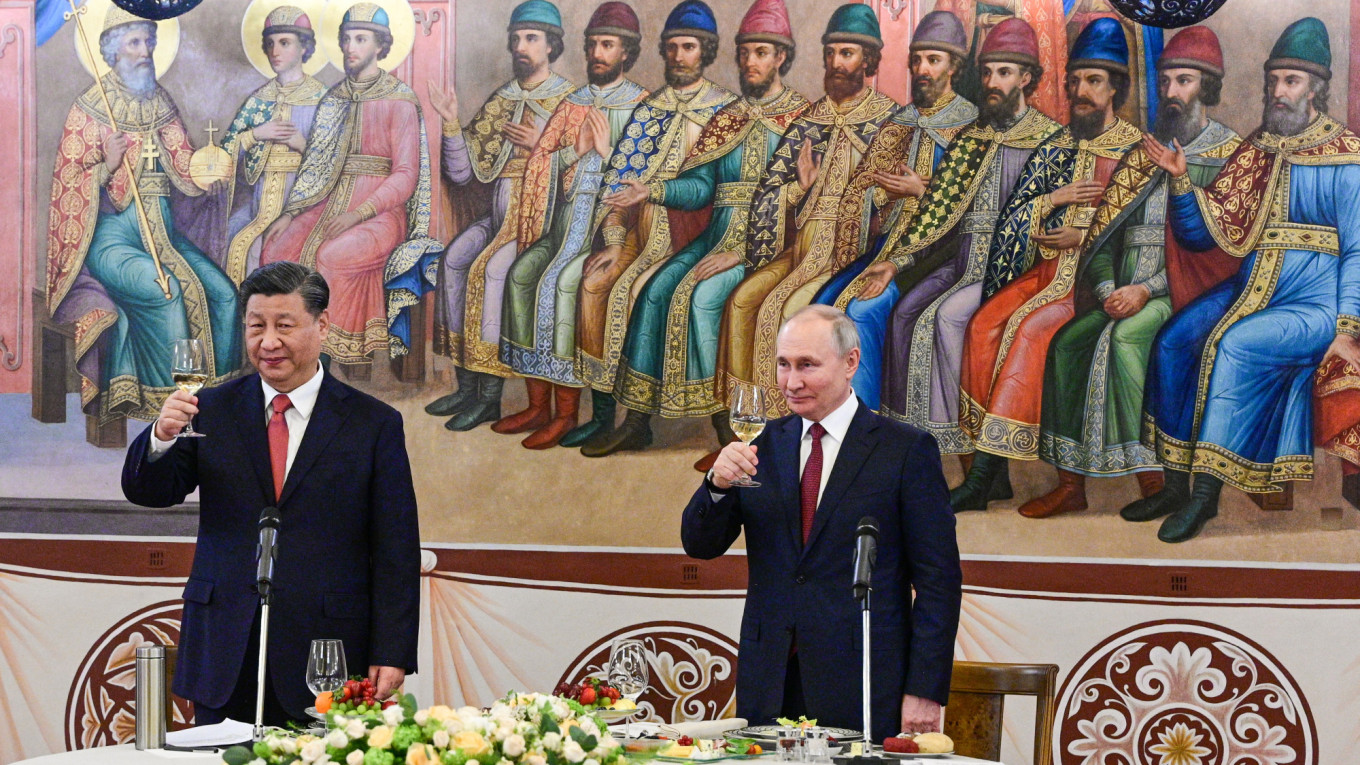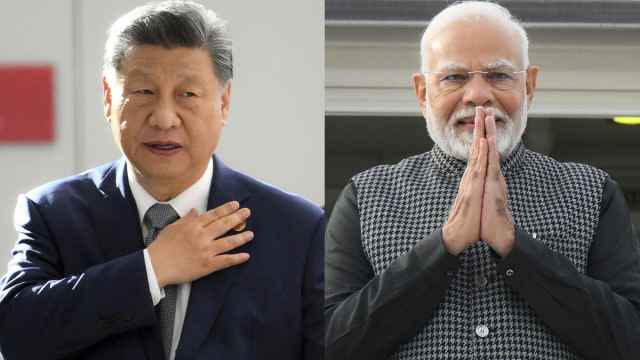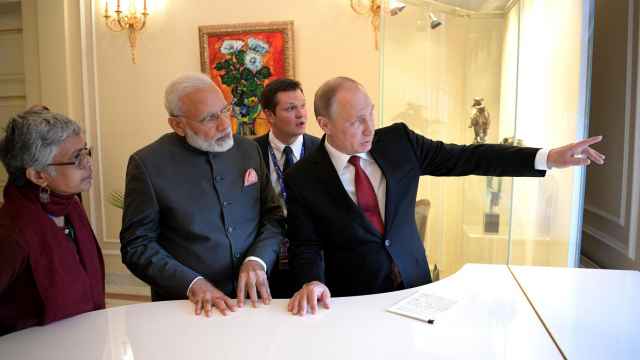Ever since the West’s sanctioning of Russia for its invasion of Ukraine, the Russian government has been attempting to bolster ties with Asia, but does Russia really see itself as a part of Asia in the future?
While Russia is undoubtedly becoming significantly more dependent on Asia economically, the political side of this issue is not quite as cut and dried.
In an article written to mark Xi Jinping’s visit to Moscow in March, Russian President Vladimir Putin spoke about China as a “friend” and described the ties between Moscow and Beijing in glowing terms, as did Xi Jinping in his own reciprocal article to mark the visit.
However, only Putin went as far as to mention the negative influence of the so-called “Collective West” on the current world order and the crisis in Ukraine, two topics that Xi was careful to avoid.
This is significant as Putin, by hinting at the creation of a united front against the West, was effectively showcasing what it is the Kremlin has to offer China — as well as to other Asian countries — as an inducement to accept Russia as part of their continent politically.
Russia's pitch may have fallen on dead ears, though, as Asian countries who view the West negatively have no need of help from Russia, whose global influence is diminishing by the day. Xi Jinping in particular continues to show strength in his own confrontation with the West — especially with the U.S. — without needing Moscow’s assistance.
This is why the only countries in Asia that have shown any kind of actual support for Russia’s war against Ukraine are Iran, which sees Russia as a partner in sanctions, and North Korea, which is keen to avoid publicizing its support for Moscow any more than necessary. India’s involvement seems primarily to be linked to the low prices it now enjoys for Russian oil and its desire to keep Putin’s regime from getting too close to Beijing.
Despite the fact that China and India are Russia’s two biggest economic partners, Russia’s incorporation into the Asian political sphere does not appear likely, not least as China and India have been at odds with one another for decades now, making an ally of one an unlikely ally of the other.
While Russia could at one point have carved out a role for itself as a bridge between East and West, centuries of Romanov rule ultimately set Russia on a course to become part of Europe rather than Asia, and culturally and politically Russia has been a Western country since the time of Peter the Great.
Some ascribe Russia's tendencies both to develop strict power verticals and to sacralize the country's leadership to the legacy of Mongol-Tatar rule in the country, and sociologists from the Levada Center recently concluded that Russians continue to believe that the ideal leader of the country would be a strong authoritarian figure rather than a career politician.
However, these factors are little more than stumbling blocks in Russia’s path to becoming a modern Western-style state, rather than the foundations of a separate Russian identity. This is borne out by what happened during the period of relative freedom under Mikhail Gorbachev in the last years of the Soviet Union. When given the chance to speak freely, Soviet citizens almost unanimously favored a democratic path, which in turn transformed into a desire to dissolve the U.S.S.R. once and for all.
When the former Soviet republics gained their independence in 1991, the Baltic states immediately began their efforts to rejoin the Western world. Russia also attempted to pivot to a truly democratic state, however, the aforementioned political roadblocks significantly hindered that process, which served to widen the window of opportunity for a leader such as Putin to seize power.
As the process of democratization slowed further, popular grievances — such as the feeling of resentment at the loss of the Cold War — become ever more ripe for use. In this case, it’s irrelevant whether the Cold War can truly be said to have been “lost by the U.S.S.R.” or not, but its subliminal propaganda power and usefulness as a tool for the creation of a new dictatorship remains.
These factors alone however do not push Russia closer to Asia. Moscow’s current economic reliance on Asia is little more than a temporary solution to Western sanctions. Even though Russia’s leadership may attempt to bolster ties with Asia by building an anti-Western coalition, countries such as China, India, and even Iran have so far only reciprocated when presented with circumstances that are clearly economically beneficial.
With Russia no longer able to properly trade with the West, the East is its only other option. In other words, just because Russia has been expelled from the Western family of nations, it doesn’t necessarily follow that it can expect a warm welcome from its Asian neighbors.
All it means is that Russia has been put out on the street and is now hawking its remaining wares to anyone who might be interested, and given that it's inevitably the buyers who are setting the prices, that doesn’t sound much like hospitality.
A Message from The Moscow Times:
Dear readers,
We are facing unprecedented challenges. Russia's Prosecutor General's Office has designated The Moscow Times as an "undesirable" organization, criminalizing our work and putting our staff at risk of prosecution. This follows our earlier unjust labeling as a "foreign agent."
These actions are direct attempts to silence independent journalism in Russia. The authorities claim our work "discredits the decisions of the Russian leadership." We see things differently: we strive to provide accurate, unbiased reporting on Russia.
We, the journalists of The Moscow Times, refuse to be silenced. But to continue our work, we need your help.
Your support, no matter how small, makes a world of difference. If you can, please support us monthly starting from just $2. It's quick to set up, and every contribution makes a significant impact.
By supporting The Moscow Times, you're defending open, independent journalism in the face of repression. Thank you for standing with us.
Remind me later.








